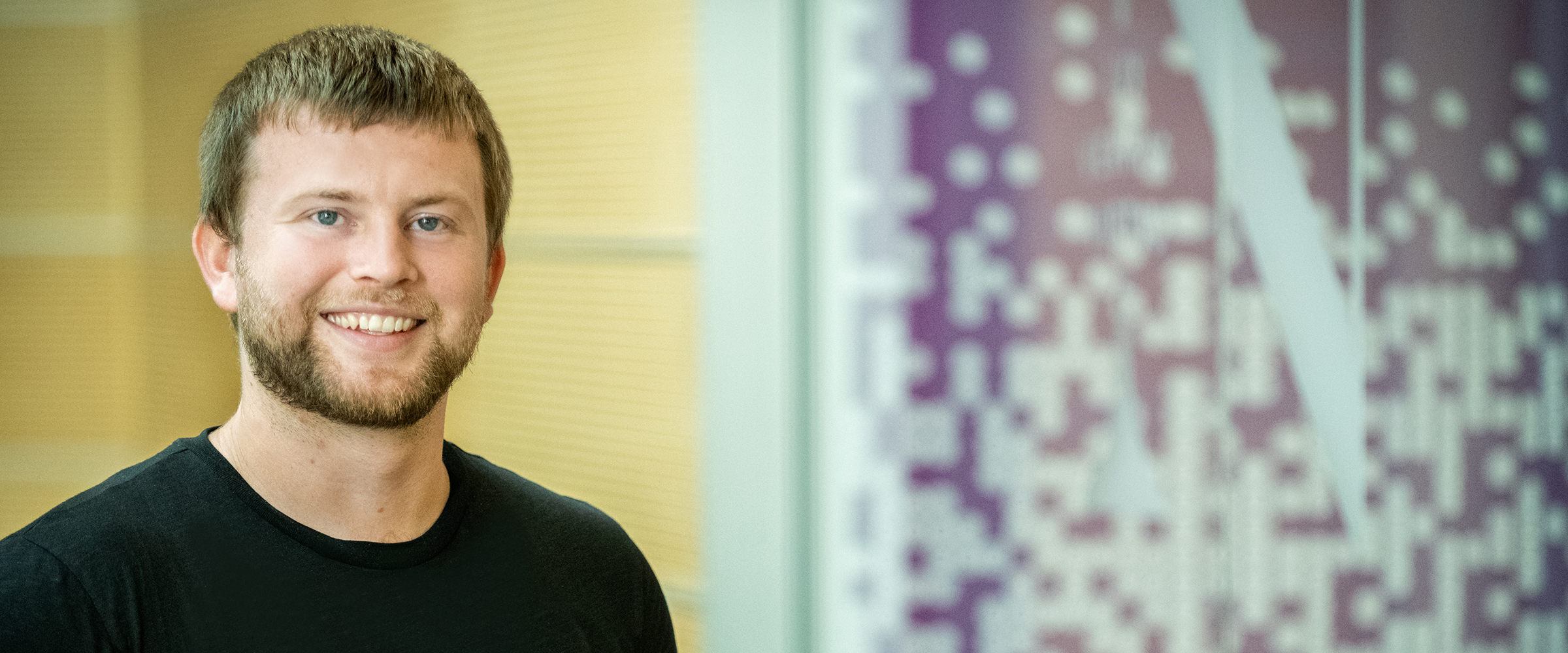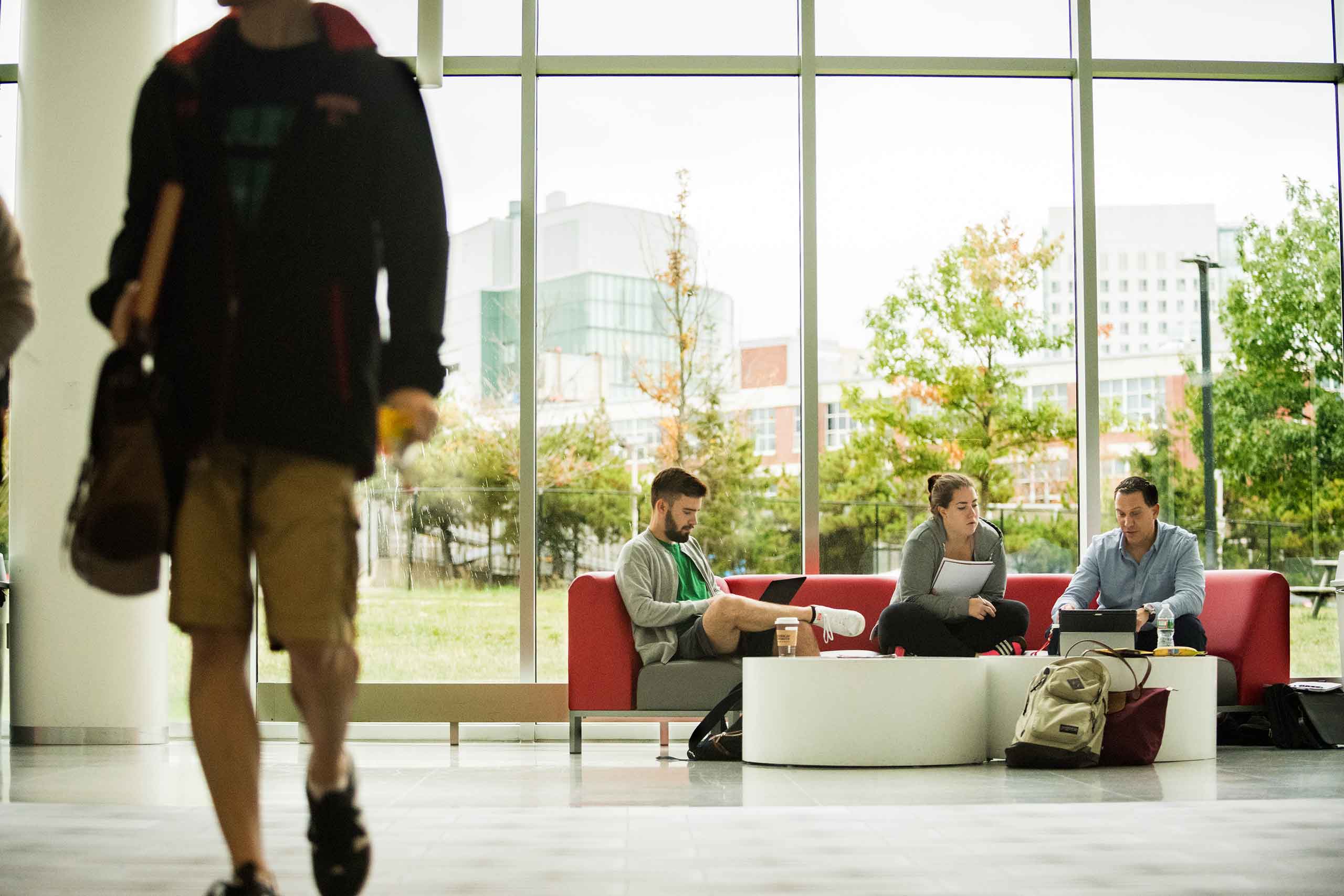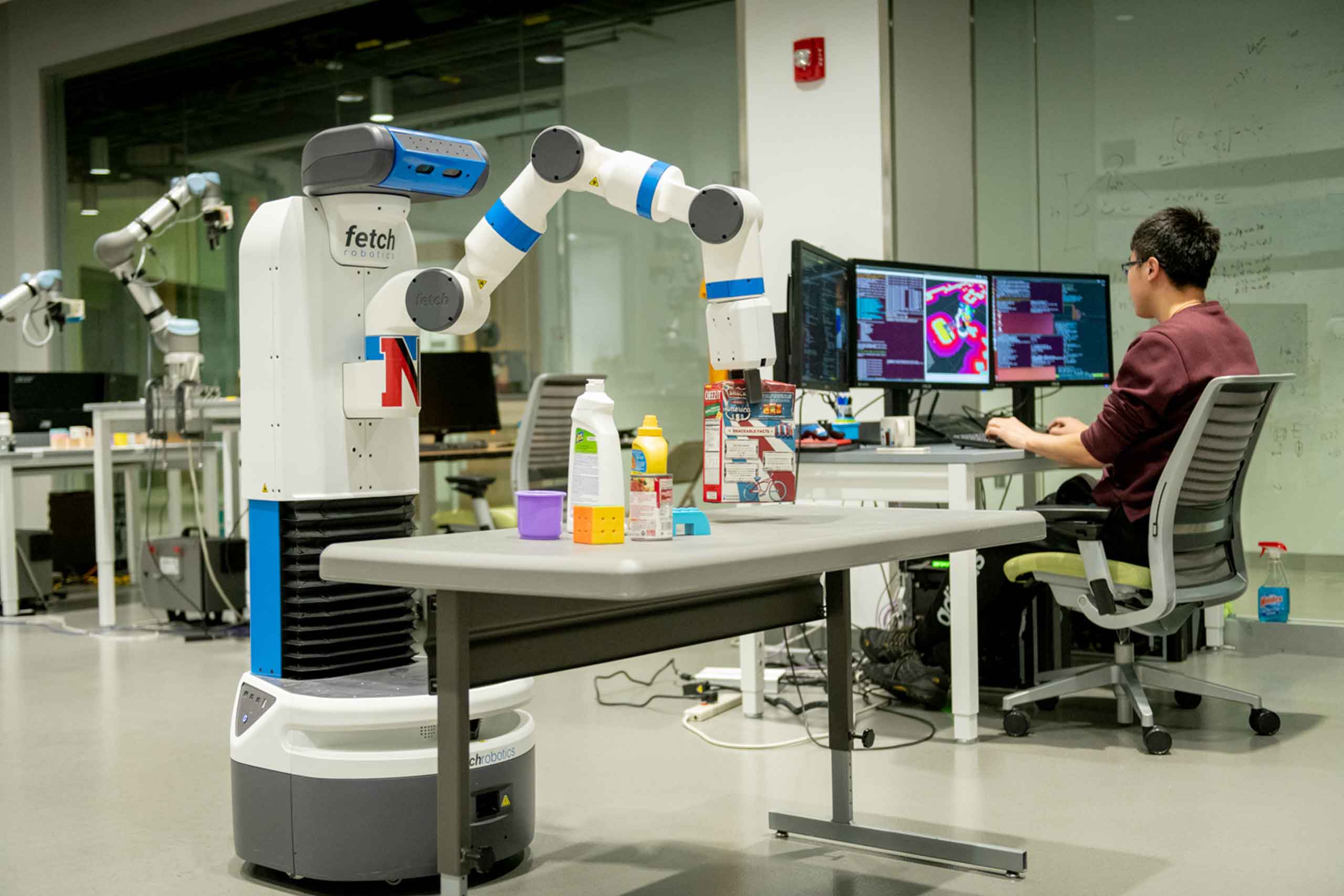
Timothy LaRock





Tim is a sixth year doctoral student advised by Tina Eliassi-Rad. His work falls at the intersection of network science, data mining and machine learning. In particular, Tim’s research seeks to identify and understand sequential patterns and dependencies in network data, such as passenger movement through public transit systems, goods through logistics networks, or users navigating the Web. Prior to joining Khoury College in 2016, Tim completed a BS in Computer Science and Applied Mathematics with a minor in Philosophy at the State University of New York at Albany, where he conducted research on load balancing in cellular networks and unsupervised transmitter detection in wireless frequency spectrum data, under the supervision of Prof. Petko Bogdanov and Prof. Mariya Zheleva.
I have spent the first two years of my PhD studying the intersection of network science and machine learning. I have developed methods for adaptively learning to complete partially observed networks through node querying, as well as methods for identifying anomalies in pathway or sequence data.
I am broadly interested in understanding the way things in the world interact with one another. This is what makes network science appealing to me, because networks provide mathematical models to study interaction. My background is in computer science and I studied some data mining and signal processing during my undergraduate work.
I would like to develop methods that can uncover the mechanisms behind the movement of things through networks, whether those things are people through transportation networks, packages through logistics networks or signals through brain networks.
The scope of network science is a large part of its appeal to me. The number of systems that can be modeled effectively using networks is huge and growing.
I think my research area is surprising because the problems are very intuitive. We all travel across road networks, click hyperlinks on the world wide web, and get packages in the mail. We are intimately familiar with many systems that can be modeled as pathways through networks, but our tools for analyzing them and really understanding how they work are still being developed.
I would like to finish my PhD.
Tim is a sixth year doctoral student advised by Tina Eliassi-Rad. His work falls at the intersection of network science, data mining and machine learning. In particular, Tim’s research seeks to identify and understand sequential patterns and dependencies in network data, such as passenger movement through public transit systems, goods through logistics networks, or users navigating the Web. Prior to joining Khoury College in 2016, Tim completed a BS in Computer Science and Applied Mathematics with a minor in Philosophy at the State University of New York at Albany, where he conducted research on load balancing in cellular networks and unsupervised transmitter detection in wireless frequency spectrum data, under the supervision of Prof. Petko Bogdanov and Prof. Mariya Zheleva.
I have spent the first two years of my PhD studying the intersection of network science and machine learning. I have developed methods for adaptively learning to complete partially observed networks through node querying, as well as methods for identifying anomalies in pathway or sequence data.
I am broadly interested in understanding the way things in the world interact with one another. This is what makes network science appealing to me, because networks provide mathematical models to study interaction. My background is in computer science and I studied some data mining and signal processing during my undergraduate work.
I would like to develop methods that can uncover the mechanisms behind the movement of things through networks, whether those things are people through transportation networks, packages through logistics networks or signals through brain networks.
The scope of network science is a large part of its appeal to me. The number of systems that can be modeled effectively using networks is huge and growing.
I think my research area is surprising because the problems are very intuitive. We all travel across road networks, click hyperlinks on the world wide web, and get packages in the mail. We are intimately familiar with many systems that can be modeled as pathways through networks, but our tools for analyzing them and really understanding how they work are still being developed.
I would like to finish my PhD.











